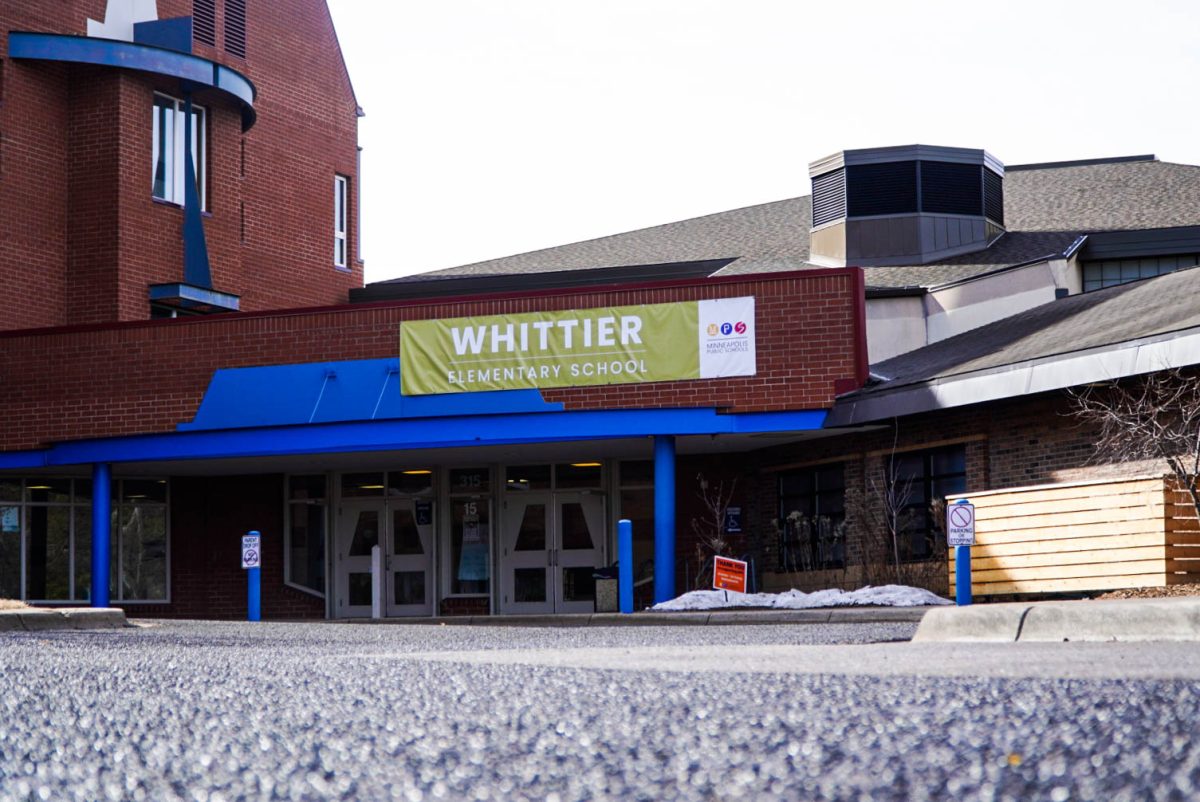Minnesota Attorney General Keith Ellison and pharmaceutical company Novo Nordisk reached a settlement to cap insulin costs at $35 per month.
The Novo Nordisk settlement reached on Jan. 27 resulted in the pharmaceutical company agreeing to cap out-of-pocket insulin costs, a drug used to treat diabetes, at $35 a month for Minnesotans with or without insurance for the next five years. Ellison also reached similar settlements with providers Eli Lilly and Sanofi in 2024 which also capped costs at $35 per month.
Insulin prices rose by around 184% in a decade from 2012 to 2021, according to the Health Care Cost Institute. A 30-day supply of insulin cost around $499 in 2021, before the Inflation Reduction Act in 2022. Additional costs for glucose monitors, test strips, lancets and more can add to the total costs.
Similar to Ellison’s settlement in January, the federal Inflation Reduction Act capped out-of-pocket costs on insulin at $35 per month for those enrolled in Medicare. The Act could be subject to President Donald Trump’s administration funding freeze, which is outside the U.S. District Court of Rhode Island’s control to block, CBS reported.
University of Minnesota Professor and Clinical Pharmacist Kylee Funk said the $35-a-month settlement reached is great for many people who rely on insulin. Funk teaches students at the University about insulin affordability, specifically the Minnesota Safety Net Program, how affordability impacts patients and the complexities of insulin pricing.
“So many patients come to me with affordability concerns about their medications and so anything that we can do to help make medications more affordable for community members is great,” Funk said.
The Alec Smith Act, which created the Minnesota Insulin Safety Net Program, is named after Alec Smith, a Minnesotan man who died due to rationing his insulin because he could not afford the $1,300 monthly cost. The program is comprised of two parts — the urgent need program and the continuing need program.
University Pharmaceutical Professor Stephen Schondelmeyer said drug companies have a government-sanctioned monopoly on drugs and can change prices without competition. Though the patent on insulin has ended, Schondelmeyer said manufacturers change insulin injectors once their patent ends to maintain the patent and raise prices.
“We grant these monopolies for prescription drugs, and the government really doesn’t have any process or role for evaluating or determining what appropriate prices should be for that monopoly that they’ve granted,” Schondelmeyer said.
Funk said another reason insulin costs remain high is because insulin is such a complex medication, generic insulin cannot be reproduced and sold at a lower cost easily.
Schondelmeyer added that there is not much competition between manufacturers because there are only three drug companies for insulin in the U.S. — Eli Lilly, Sanofi and Novo Nordisk. From 2006 to 2016, insulin costs increased by about 264%, according to the National Institute of Diabetes and Digestive and Kidney Diseases.
“We have a lot of great research and great drugs that have been discovered. But a drug doesn’t have any value if it sits on the shelf in the pharmacy,” Schondelmeyer said. “No patient ever got better because the drug was available in the pharmacy or at the hospital or in the doctor’s office.”
Insulin can be a life-sustaining medication for people with Type 1 and 2 diabetes because, without the insulin, Funk said people can experience high blood sugar levels which can lead to strokes, heart attack, vision damage and more.
“Within this context of the cost of insulin, what’s important to know is that there are studies that demonstrate that many patients will either skip or ration their insulin based on cost,” Funk said.
Boynton Health spokesperson Matt Tveter said in an email statement that Boynton Health offers several services to students such as an initial diagnosis and treatment of Type 1 or 2 diabetes, appointments with a certified diabetes care and education specialist, continuous glucose monitoring system analysis and more.
Medication cost concerns are not limited to insulin, Funk said. Another life-sustaining medication with high cost is oncology or cancer treatment medications, Funk said.
“I don’t think it’s limited to insulin,” Funk said. “There are lots of improvements that could be made within the U.S. healthcare system to ensure that patients can receive the medications that they need.”













